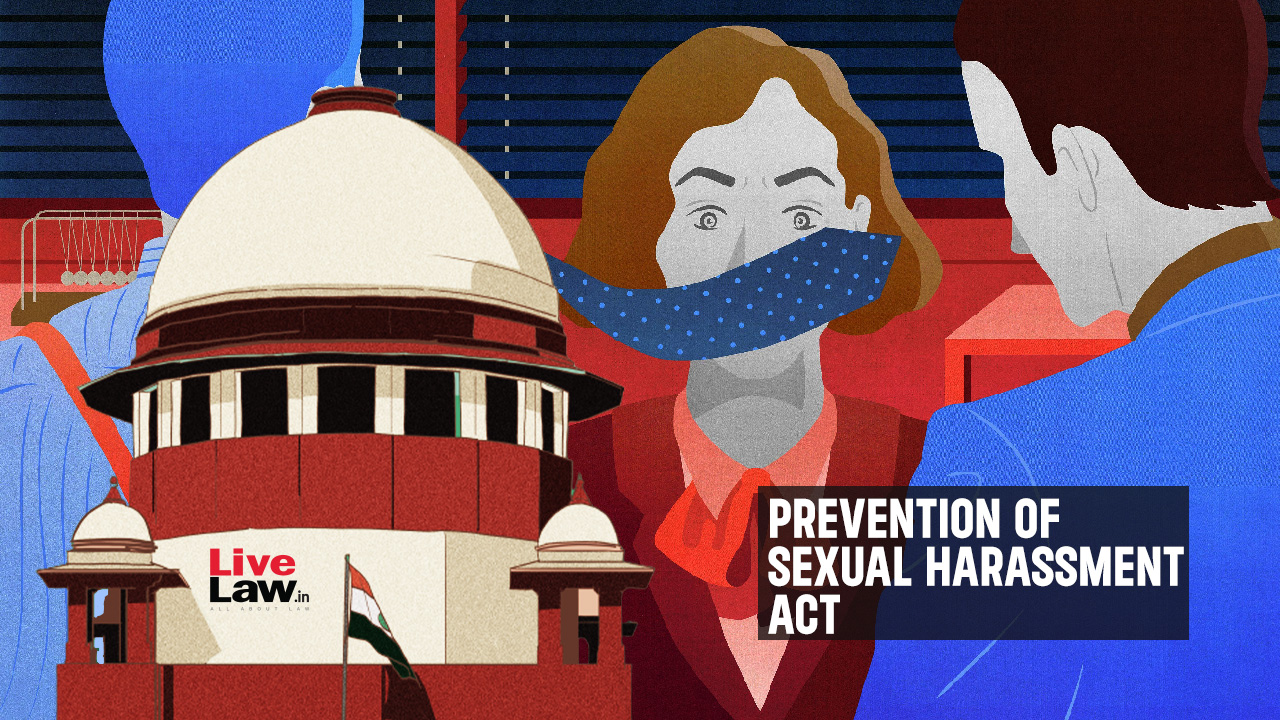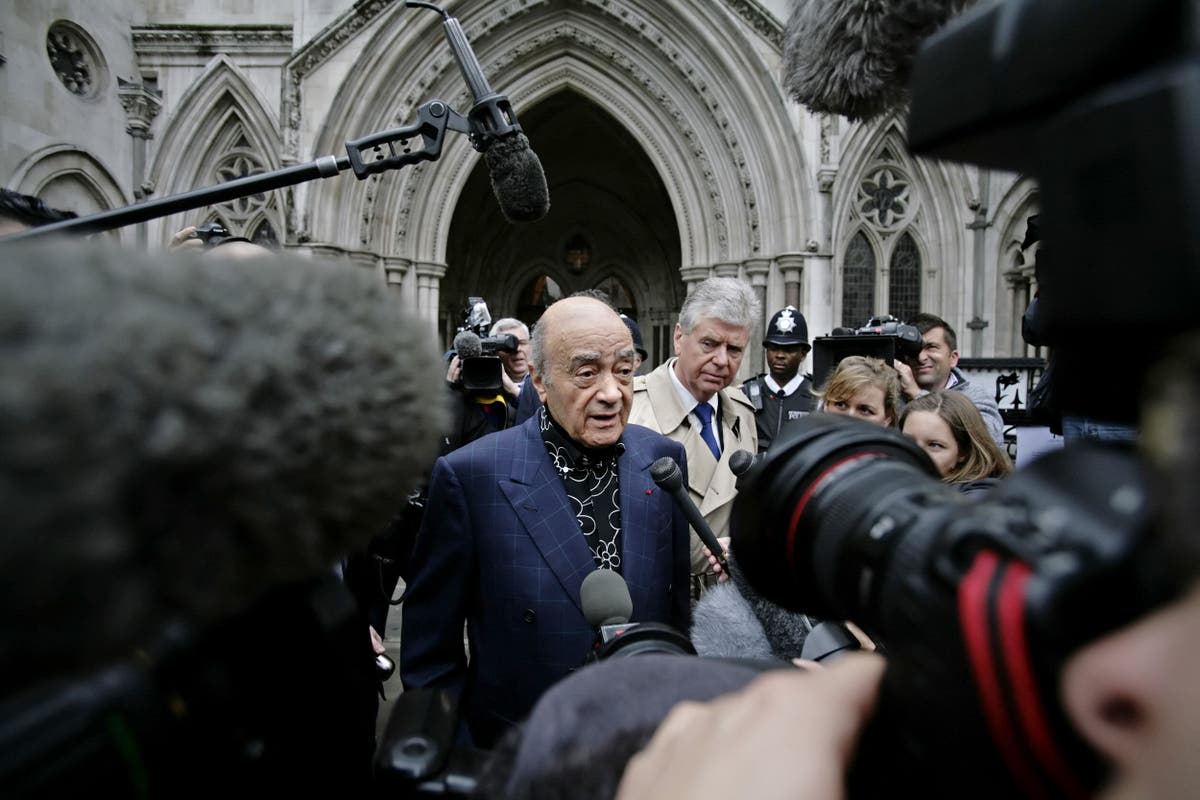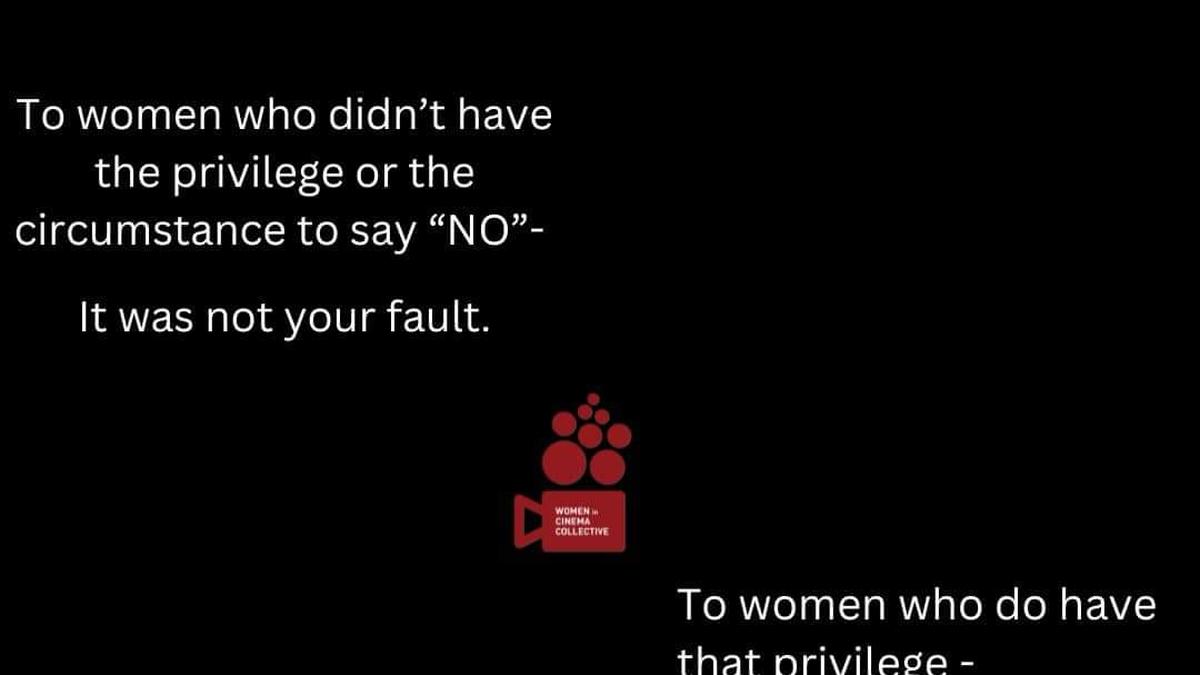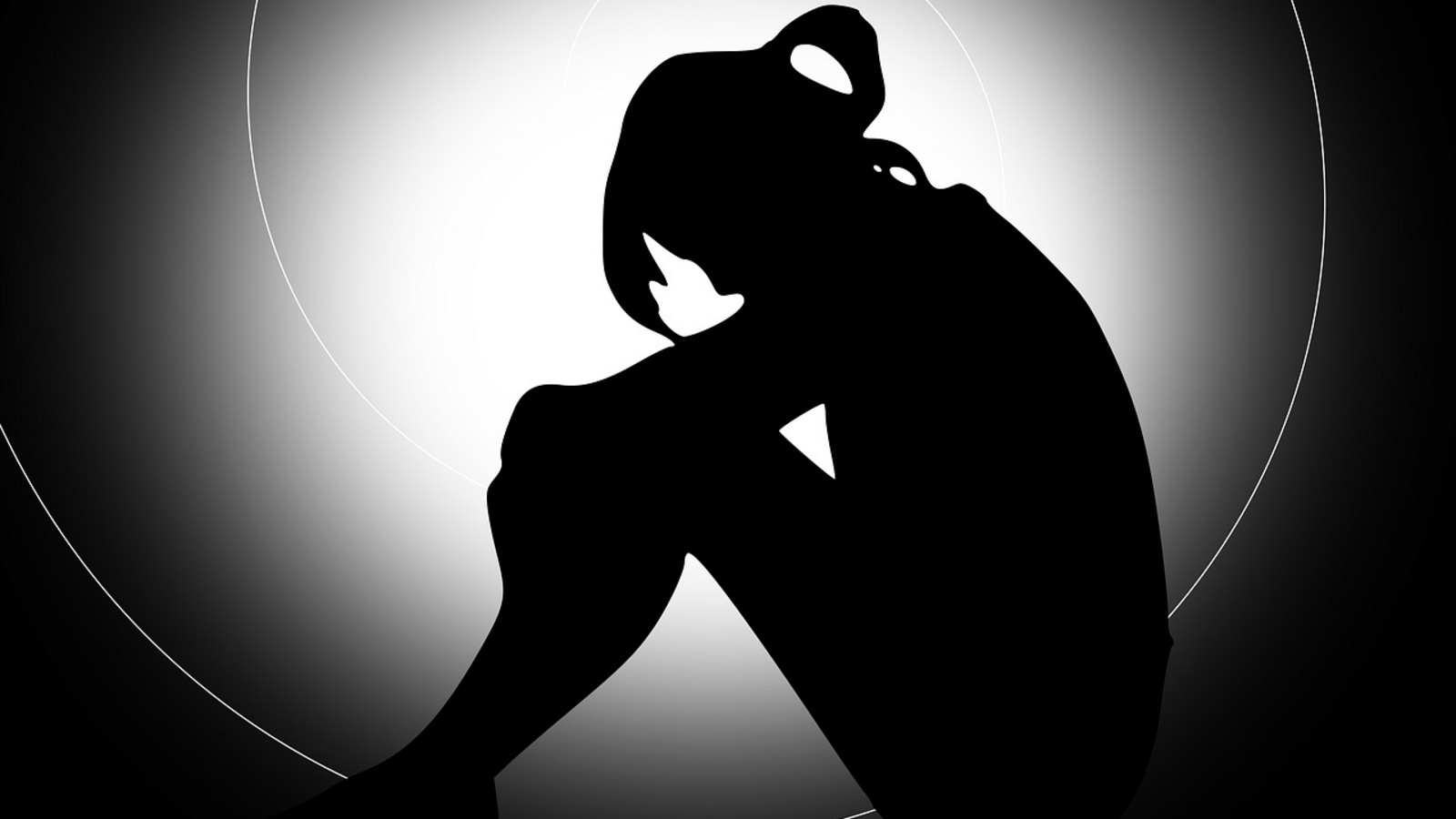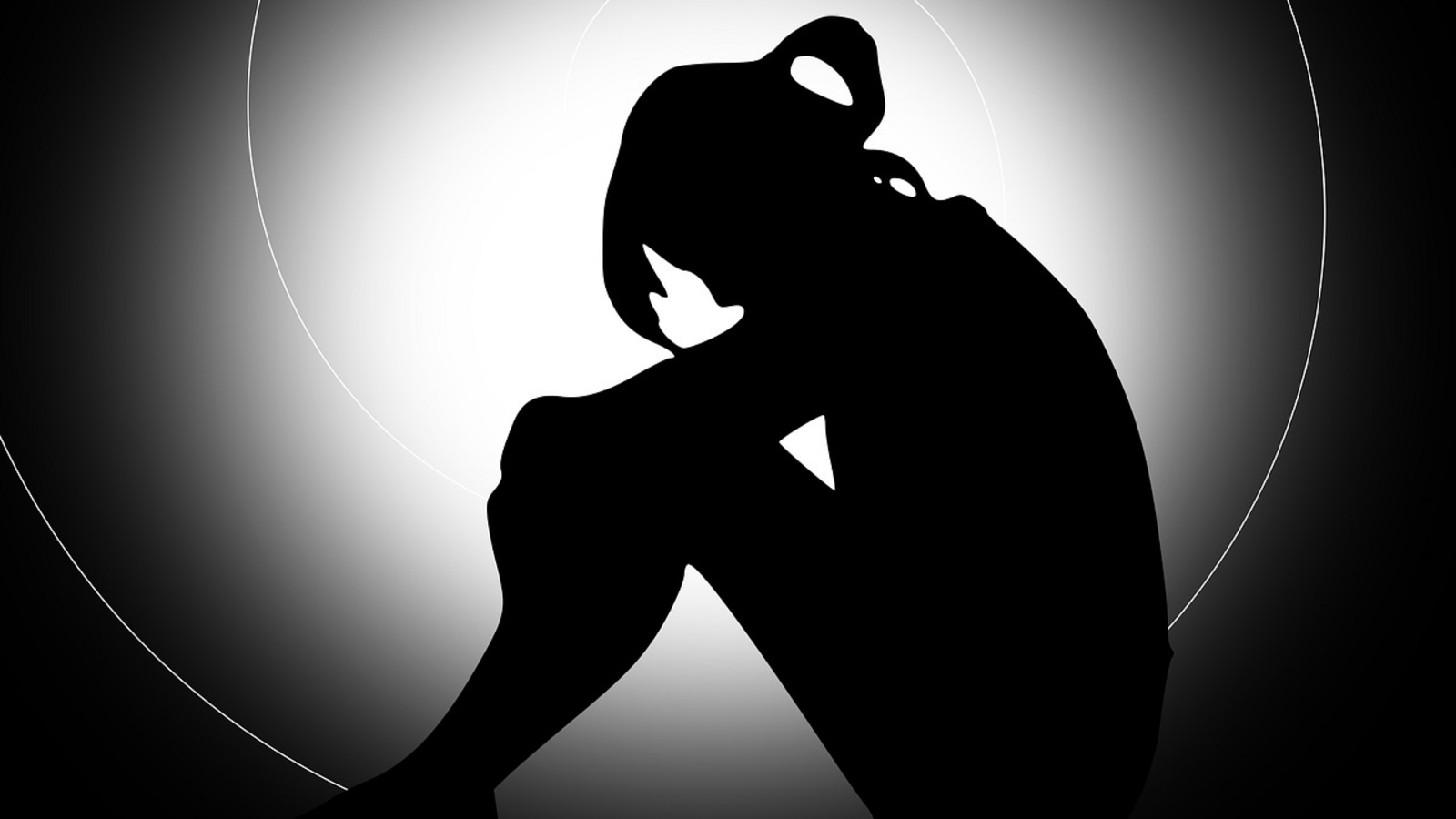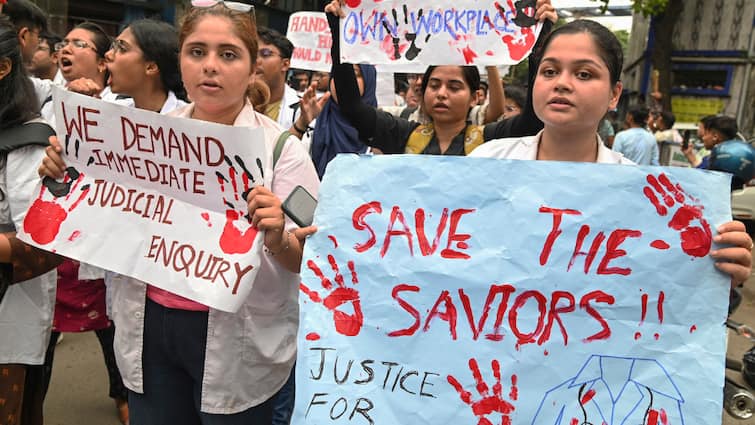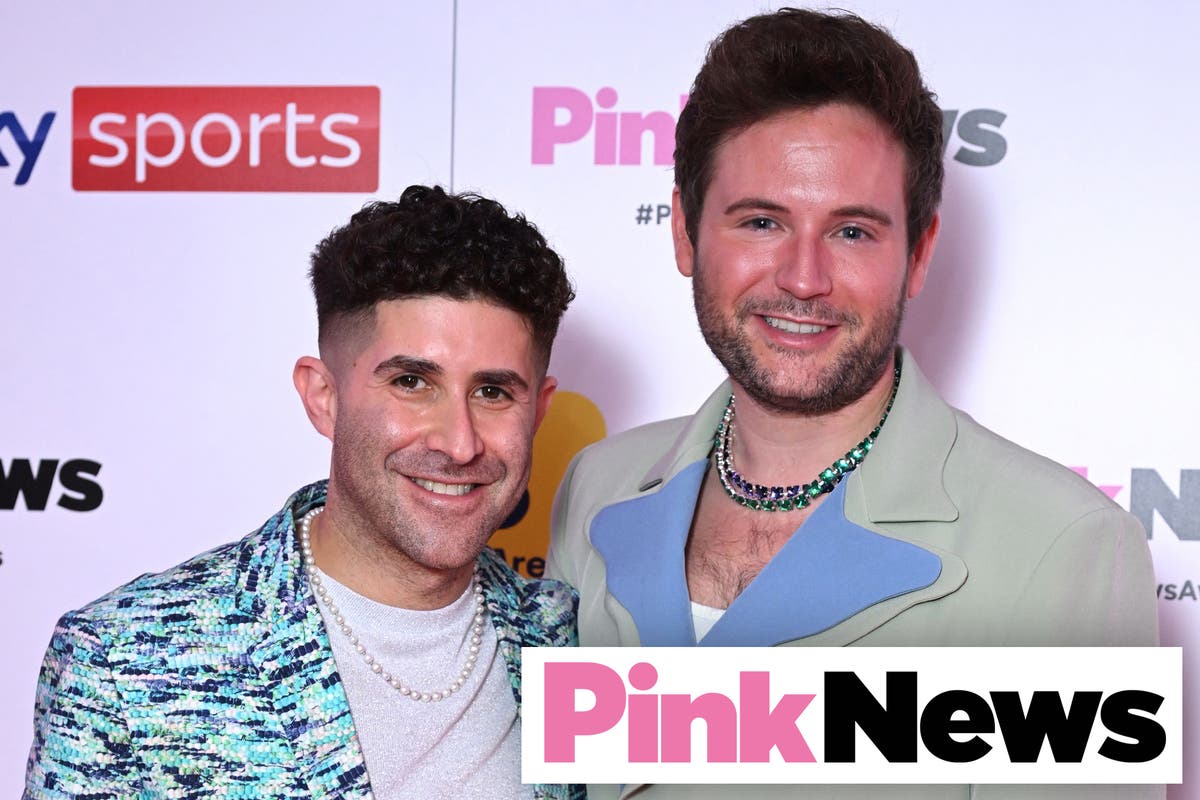
How myths about sexual harassment keep us in the dark (opinion)
CNNEditor’s Note: Brigid Schulte is the director of the Better Life Lab at New America and author of “Overwhelmed: Work, Love and Play When No One Has the Time.” The opinions expressed in this commentary are hers. CNN — When GOP supporters of now-confirmed Supreme Court Justice Brett Kavanaugh attempted to explain away allegations of sexual assault as harmless teenage “horseplay,” as if sexual violence is part of a rite of passage, they were choosing to believe a powerful false narrative that “boys will be boys.” Brigid Schulte Peter C. Heimberg When, two years ago Sunday, a video emerged of Donald Trump bragging that he could grab women by their private parts, those who supported him endorsed his claim that it was meaningless “locker room talk.” And when President Trump and others mocked Christine Blasey Ford and dismissed her allegations because she waited decades before going public, they, too, were buying into a powerful and uninformed myth that traumatized targets of sexual harassment and violence make prompt reports. The TV producer, writer and actor has a “no jerks” policy, which, one assumes, would cover sexual harassing behavior, and has been part of creating some of the most successful and innovative TV shows like “The Office,” “Parks and Recreation” and “The Good Place.” Narratives that rainmakers, superstars and high performers are so valuable they must be protected at all costs, regardless of bad behavior, has not only fostered toxic work environments and kept women and other targets out of power, or sidelined, but has also actually cost organizations dearly in lost productivity, morale and talent. Female-dominated, “pink collar” workplaces often operate under the myth that they are oases free from sexual harassment, when in fact, our analysis showed that’s far from the truth. A federal district court judge disagreed, writing, “That a particular workplace is considered ‘blue collar’ – whatever that is supposed to mean – does not absolve an employer of fostering a workplace hostile for female employees.” At the most fundamental level, sexual harassment is driven by the stories we tell ourselves and what we choose to believe about gender roles, about who should do what and who belongs where in our society.
History of this topic
Sexual harassment, bullying a major issue for healthcare workers
Dutch News
Why have we stopped talking about sexual harassment?
The Independent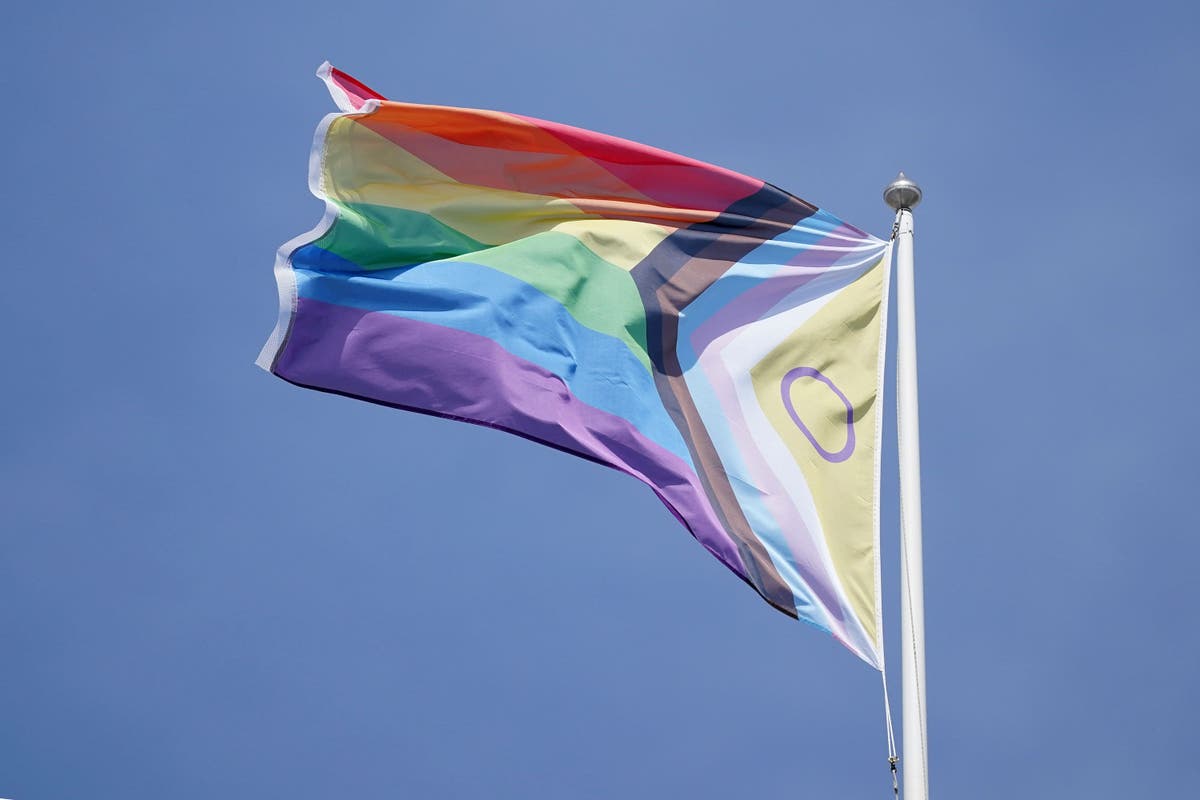
Half of LGBT+ people say they are bullied or harassed at work, survey shows
The IndependentFDIC report outlines ‘misogynistic,’ ‘patriarchal’ ‘good ol’ boys’ workplace culture
Associated PressOne in seven people admit to using tech to sexually harass colleagues at work, new data shows
ABC
The stickiness of sexual harassment
Hindustan Times
Gender sensitivity works in favour of economic growth
Live Mint
Opinion: Anita Hill: What E. Jean Carroll’s example can teach us about ending sexual abuse and harassment
LA Times
Here's how working women can avoid sexual harassment
Deccan Chronicle
Two thirds of young women face bullying, sexual harassment, or verbal abuse at work
The Independent
5 Ways to Fight Sexual Harassment at Workplace
News 18Chevron bullying, sexual harassment problem laid bare in employee workplace culture report
ABC
Colleges Lack Functional Complaint Committee, Demand for Stricter ICC Implementation as Harassment Cases Rise
News 18
Report shows scope of harassment at Australia’s Parliament
Associated Press
Will academia ever have its #MeToo moment?
Al JazeeraHow will first Respect@Work recommendations affect women in workplaces?
ABCHaving more female CEOs and stronger laws could help stamp out workplace sexual harassment
ABC
Half of women report unwanted sexual behaviour at work, damning YouGov survey finds
The Independent
One in six employees sexually harassed at work; Women twice as often as men
NL Times
Are China’s Companies Taking Action on Sexual Harassment?
The Diplomat)
Priya Ramani's Victory is a Significant Milestone But There's Still A Long Road Ahead Towards Making Workplaces Safe for Women
News 18
Sexual harassment victims ‘less likely to be believed if they are seen as less feminine’
The Independent
‘Vulnerable and violated’: Remote working sexual harassment exacerbated since spring lockdown, poll finds
The Independent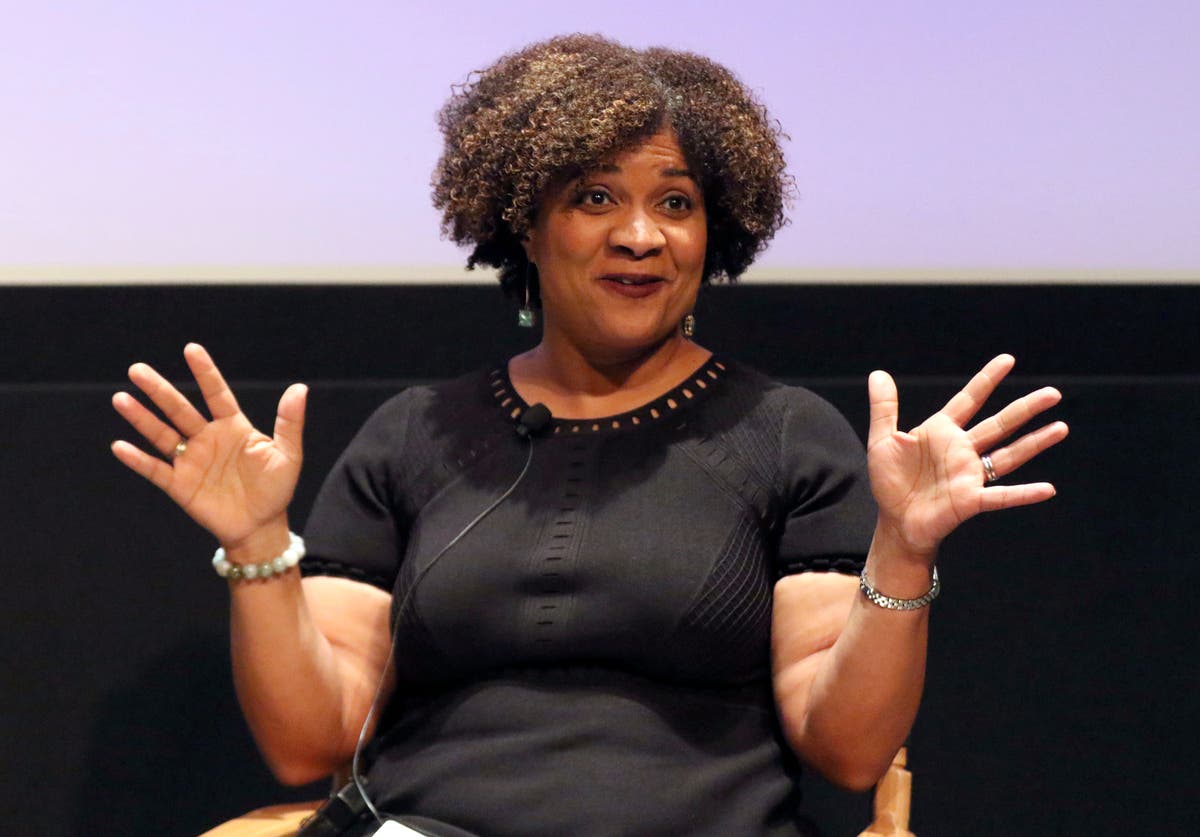
Time's Up study: Many who report harassment face retaliation
The Independent
Sexual harassment at work: What are your legal rights and what to do if you don’t want to approach your employer
The Independent
Workplace sexual harassment increases risk of suicide, study finds
The Independent
The dark side of the Tube network: Women recount experiences of sexual harassment on the London underground
The IndependentWorkplace sexual harassment reports are rising during coronavirus — working from home may be a reason
ABC
Why does prevention of sexual harassment at the workplace remain elusive?
India Today)
With a 'Legal Cell' on Twitter, Ungender aids women seeking information about workplace laws, harassment redressal
Firstpost![Sexual Harassment At Workplace Is An Affront to Women's Fundamental Rights: SC [Read Judgment]](https://www.livelaw.in/h-upload/2020/02/07/369946-justice-dy-chandrachud-and-justice-ajay-rastogi.jpg)
Sexual Harassment At Workplace Is An Affront to Women's Fundamental Rights: SC [Read Judgment]
Live Law
'Its Unfortunate That Women Who Faced Sexual Harassment Have To Defend Criminal Proceedings For Telling The Truth': Priya Ramani Tells Court
Live Law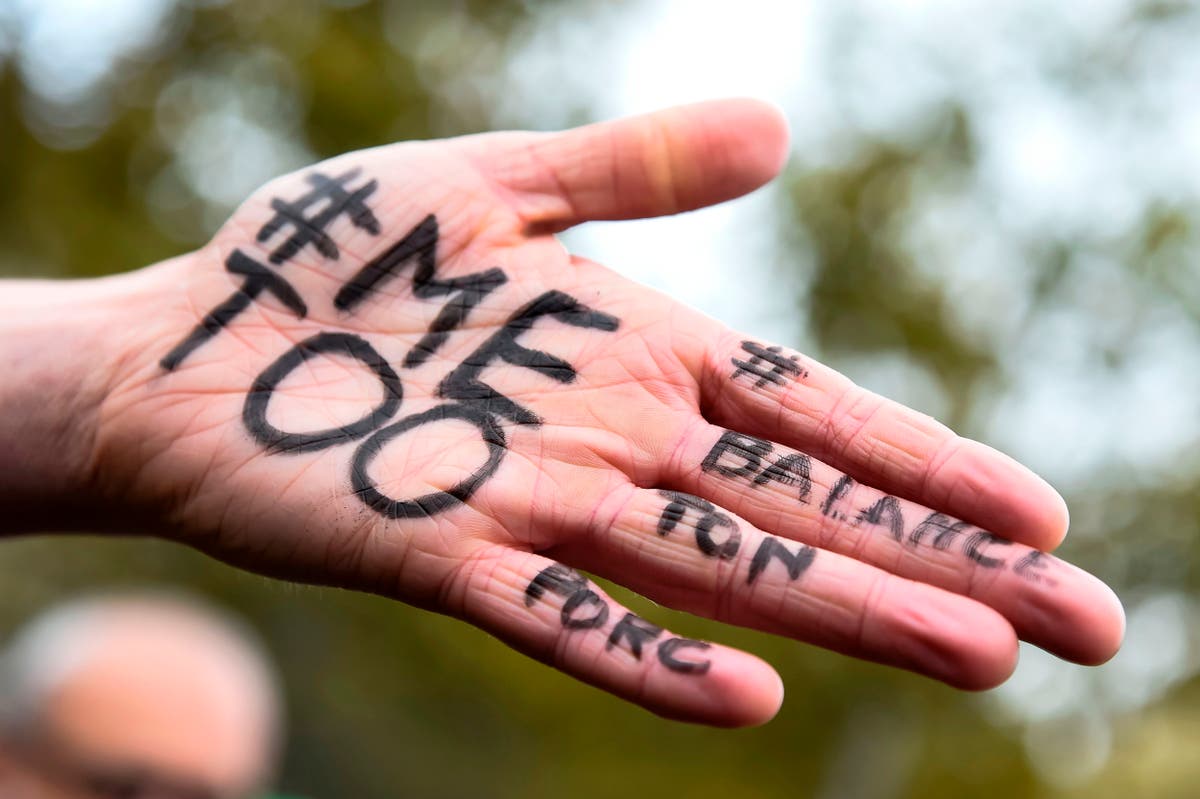
Men more likely to victim-blame women who are sexually harassed, research indicates
The Independent
Garment factory workers subjected to sexual harassment and violence, according to ActionAid UK
The IndependentWhat to do if you're sexually harassed at work
ABC
Opinion | Crimes against women going unpunished
Live Mint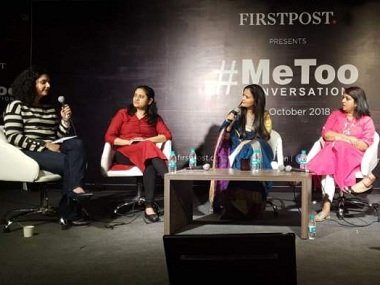)
Firstpost's #MeToo Conversations: How must sexual harassment at the workplace be dealt with?
Firstpost)
Women in Media group condemns 'rampant sexism, misogyny', releases to-do list for J-schools, media organisations; read full statement
Firstpost)
Tanushree Dutta sexual harassment row: Swara Bhasker analyses why #MeToo movement evades Bollywood
Firstpost
TIFF 2018: Why do smart women get sexually harassed?
Deccan ChronicleToxic silence: on sexual harassment being a systemic hazard
The Hindu
Men who sexually harass employees 'fear being judged as incompetent'
Daily Mail
The sexual harassment we don’t talk about (Opinion)
CNN
Harassment: A Global Problem, Especially in South Asia
Deccan ChronicleDiscover Related






